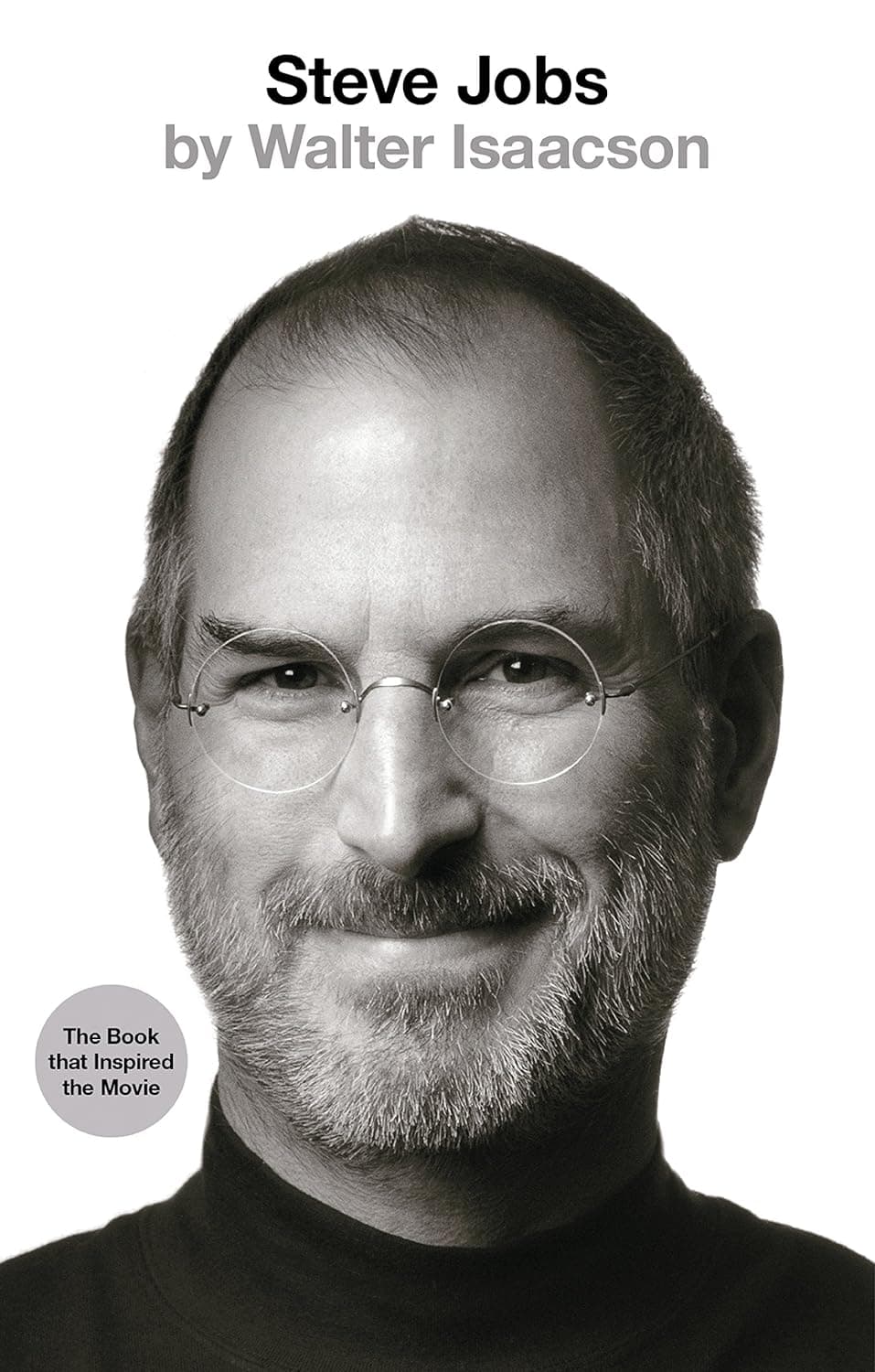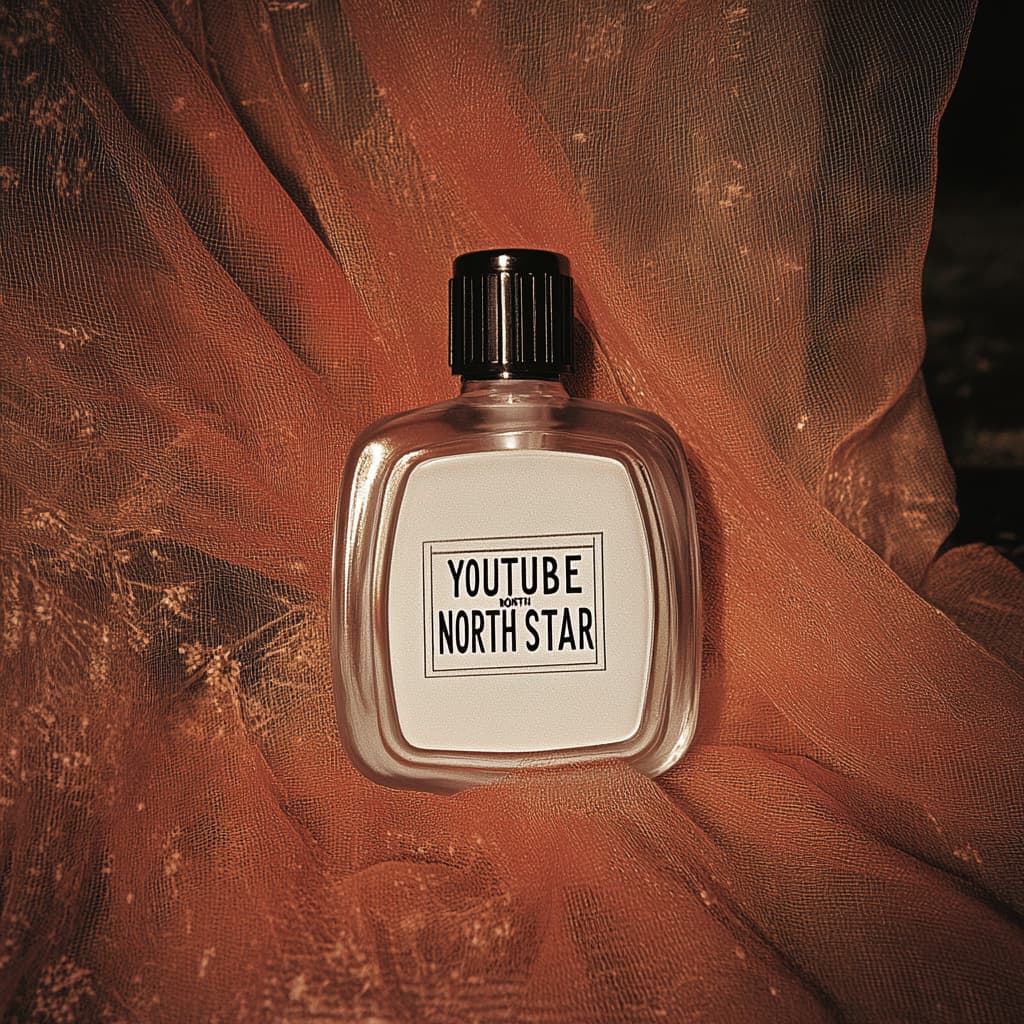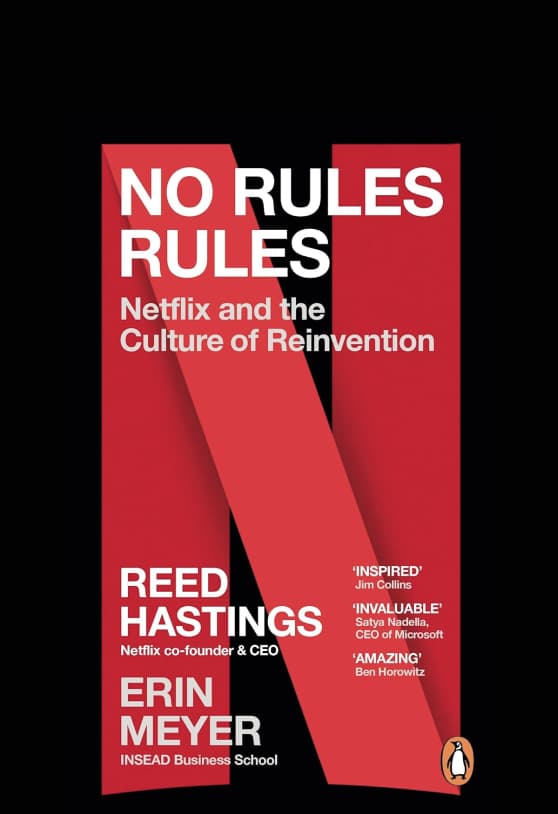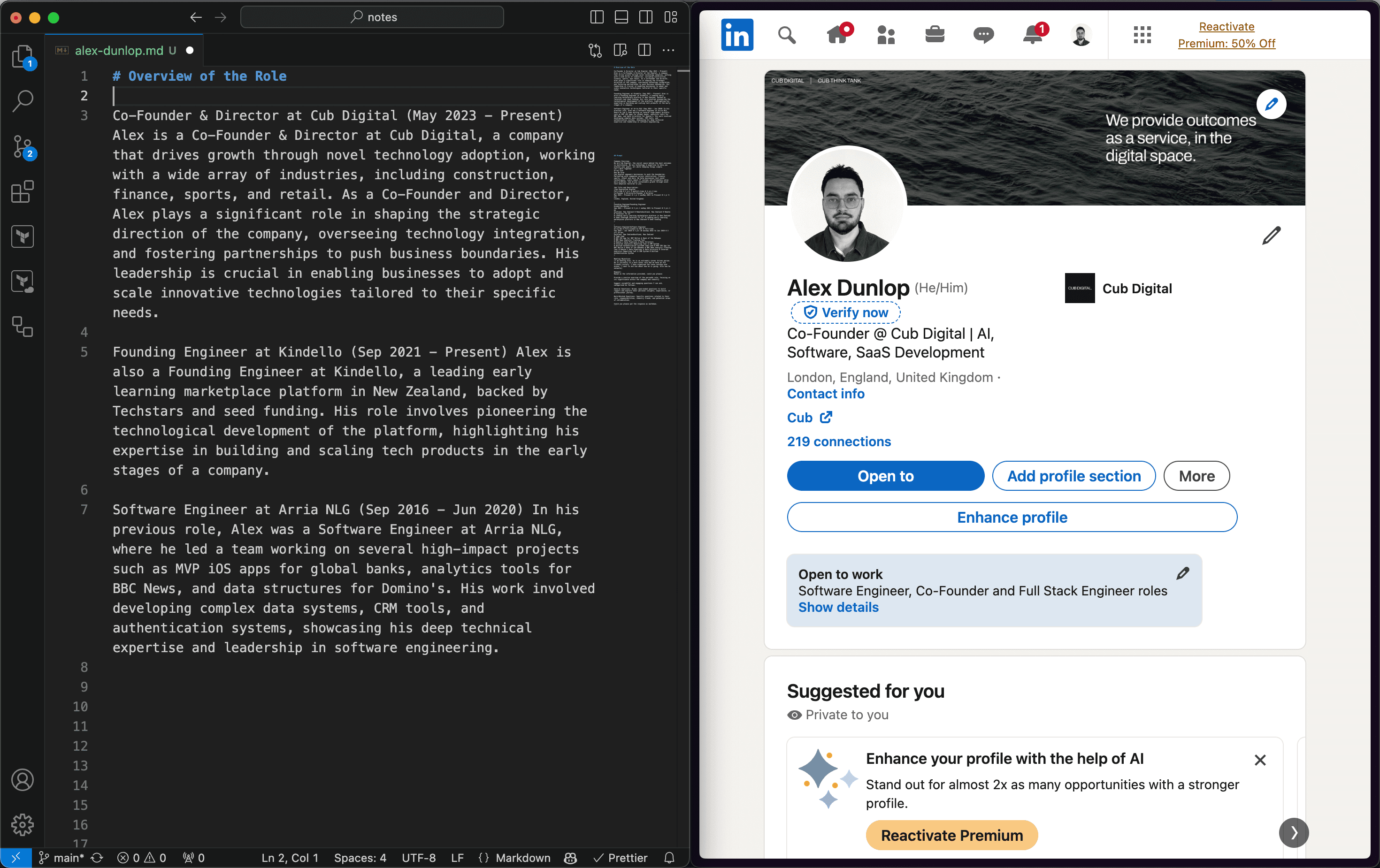Is Your Business an Intellect, Wisdom, or Method Business?

GET THE #1 EMAIL FOR EXECUTIVES
Subscribe to get the weekly email newsletter loved by 1000+ executives. It's FREE!
Three Types of Value: How Businesses Really Make Money
I've been reading an interesting book called "The Boutique" by Greg Alexander - view it here
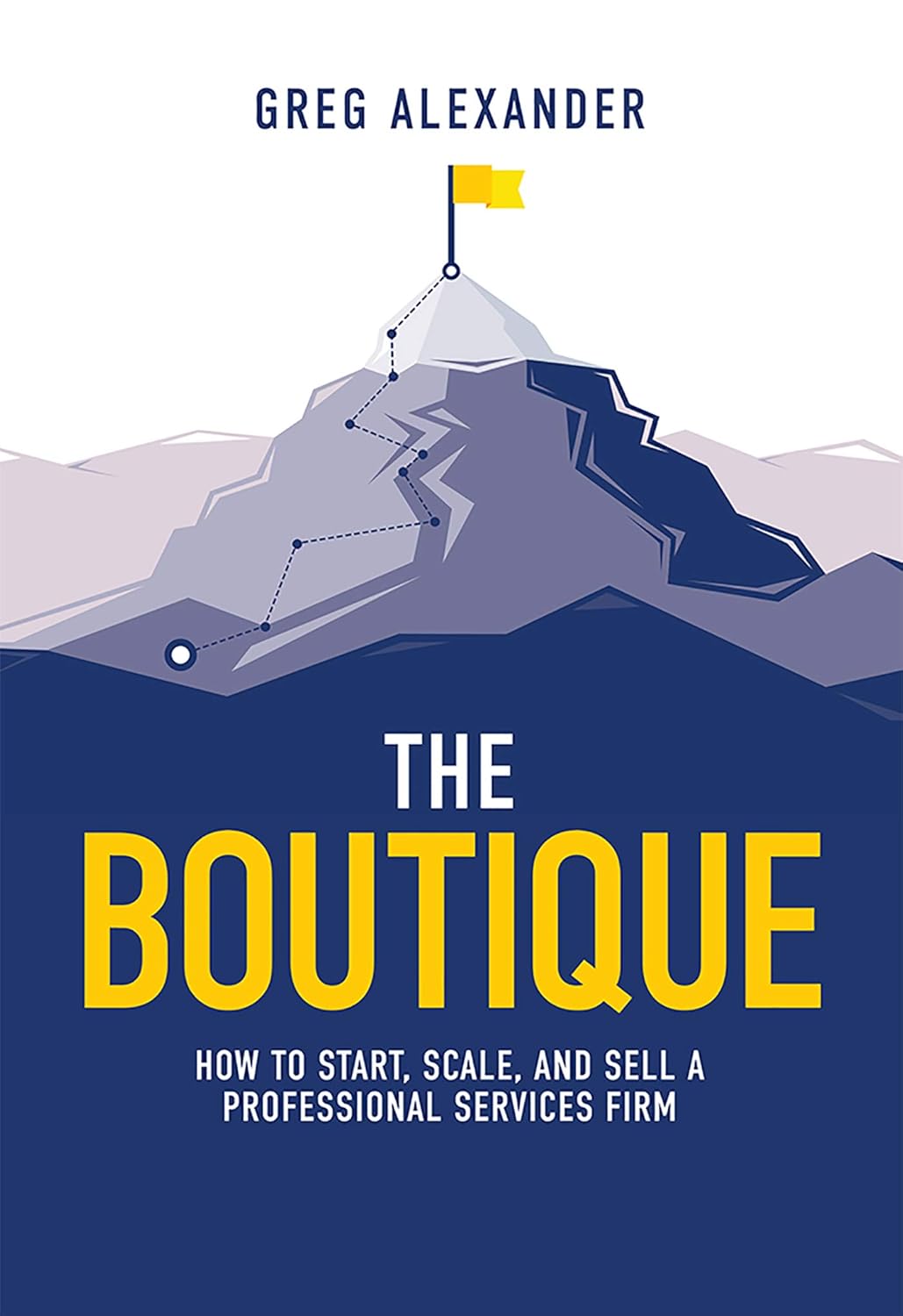
The book is primarily aimed at consulting firms, but I think that this particular concept extends much wider than that.
The author introduces a concept of three business types: Intellect, Wisdom, and Method businesses.
Intellect Businesses
Intellect Businesses are paid to solve new problems. Think high-end management consulting, cutting-edge software development, or pioneering research firms. These businesses win by figuring out things nobody has figured out before.
Wisdom Businesses
Wisdom Businesses are paid because they've solved similar problems many times before. Think specialised law firms, experienced architects, or industry-specific advisory firms. They win through pattern recognition and accumulated experience.
Method Businesses
Method Businesses are paid because they've systematised a solution and can deliver it efficiently. Think accounting firms, standard software implementations, or specialised manufacturing. They win through process optimisation and repeatability.
Here's what's counterintuitive: moving "up" from Method to Wisdom to Intellect isn't always better. In fact, many businesses destroy value by trying to climb this ladder.
Consider an accounting firm. As a Method Business, it might make $2M per year with healthy margins.
The owner might think, "We should do more complex, custom work like our competitors." But in attempting to become a Wisdom Business, they'll likely make less money and deliver less value. Their systems are optimised for efficiency, not customisation.
The most successful businesses understand which type they are and lean into it. They don't try to be something they're not.
Characteristics of Each Business Type
Each type has distinct characteristics:
Intellect Businesses
- Hire for raw intelligence over experience
- Often stay deliberately small
- Command premium prices but are hard to scale
- Success depends heavily on individual talent
- Marketing focuses on thought leadership
Wisdom Businesses
- Hire for relevant experience and pattern recognition
- Can grow moderately but carefully
- Command good prices and can scale somewhat
- Success depends on accumulated knowledge
- Marketing focuses on track record and expertise
Method Businesses
- Hire for reliability and ability to follow systems
- Can scale significantly
- Command moderate prices but can serve many customers
- Success depends on systems and processes
- Marketing focuses on efficiency and reliability
Common Mistakes
Apparently the most common mistake is not being clear on knowing which type of business you are.
A Method Business might waste resources trying to look like an Intellect Business.
An Intellect Business might damage its reputation by trying to scale like a Method Business.
Determining Your Type
Here's a simple test to determine your type: Look at how you solve problems for clients.
- If you regularly say "we'll need to figure this out," you're probably an Intellect Business.
- If you often say "we've seen this before," you're probably a Wisdom Business.
- If you usually say "we have a process for that," you're probably a Method Business.
Implications of Each Type
The implications are significant:
Pricing Models
- Intellect: Value-based pricing for novel solutions
- Wisdom: Premium hourly or project rates
- Method: Standardised pricing, often volume-based
Growth Strategies
- Intellect: Grow by tackling harder problems
- Wisdom: Grow by expanding to adjacent problems
- Method: Grow by serving more customers
Key Risks
- Intellect: Talent retention and burnout
- Wisdom: Knowledge transfer and succession
- Method: Process degradation and commoditisation
Business Evolution
One particularly interesting aspect is how these businesses evolve. An Intellect Business solving a new problem might eventually accumulate enough experience to become a Wisdom Business in that area. A Wisdom Business might systematise its solutions to become a Method Business.
But here's the key: these transitions should be intentional, not accidental. And sometimes the best strategy is to remain firmly in your category while getting better at what you do.
"Intellect sells discovery"
"Wisdom sells experience"
"Method sells efficiency"
Understanding which you are shapes every major business decision you'll make. It determines whether you should hire that brilliant but difficult employee (yes for Intellect, no for Method).
It influences whether you should take on that challenging new project (yes for Intellect, maybe for Wisdom, no for Method).
The most successful businesses I've seen are those that embrace their type. They stop trying to be everything to everyone and focus on being exceptional at what they naturally do best.
The real trick isn't moving between types—it's becoming the best version of what you are.
The Cub Story
At Cub this book has been a bit of a revelation. We've always wondered who we are and what we're good at.
Considering that our first contract was with the Olympic team and we had no experience in sports before that, we've come to realise that we are an intellect business.
This has completely changed our hiring strategy and our marketing strategy.
Rather than needing to scale a huge firm, we need to stay elite and help clients solve challenging problems.


